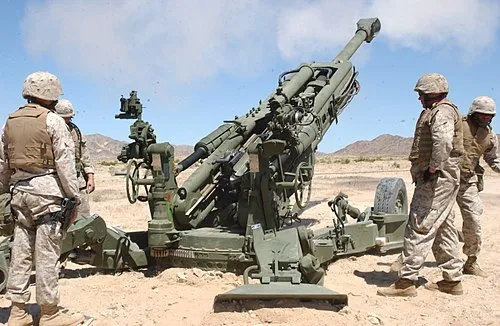
Exploring the Lives of Severinus, Exuperius, and Felician: Saints of the Early Church
The early Christian church was a time of great faith, struggle, and the emergence of figures who would become key saints and martyrs. Among them are Severinus, Exuperius, and Felician, each contributing to the spiritual heritage of the Christian community in unique ways. In this article, we delve into their lives, significance, and the impact they had on the establishment of Christian values and practices.
Saint Severinus: The Apostle of the Danube
Saint Severinus was born around 410 AD in a region believed to be modern-day Italy. He is known primarily for his missionary work in the area of Noricum, which is present-day Austria. Severinus founded a monastic community at Favianis, which played a crucial role in spreading Christianity throughout the region.
His life as a hermit and ascetic highlighted the importance of humility and devotion, characteristics that were essential for the early church. Severinus is often associated with miracles, which strengthened the faith of many and attracted followers. He became a pivotal figure in the establishment of Christian communities, advocating for peace and unity among the various tribes of the region during the turbulent times of the migration periods.
Saint Exuperius: The Protector of the Faithful
Saint Exuperius served as a bishop in the early 5th century and is primarily venerated in the city of Toulouse in France. His life exemplified dedication to the faith and pastoral care. According to historical accounts, Exuperius was instrumental in organizing the local Christian community and providing guidance during times of persecution.
One of the key events associated with Exuperius was his involvement in the Council of Ephesus in 431 AD, where he defended the teachings of the Church against the Nestorian controversy. His unwavering commitment to orthodoxy and his theological insights made him a revered figure among his contemporaries. He is often celebrated for his sermons, which addressed crucial issues of the time and helped solidify the identity of the early church.
Saint Felician: The Virtuous Martyr
Saint Felician, whose origins can be traced back to Africa, became a martyr in the late 3rd century. His story is not only one of faith but also one of courage in the face of persecution. Felician was known for his boldness in proclaiming the Christian faith despite the danger it posed during a time when Christians faced severe trials under Roman rule.
According to tradition, Felician was arrested for his beliefs and ultimately chose to remain steadfast in his faith rather than renounce it. His martyrdom inspired many in the early church, serving as a testament to the strength of faith amidst adversity. Felician's legacy is remembered for his unwavering example of sacrifice, which continues to resonate with Christians today.
Legacy and Celebration
The lives of Severinus, Exuperius, and Felician are celebrated in various liturgical calendars and are honored for their contributions to the Christian faith. Each of these saints represents different aspects of devotion: Severinus as a builder of communities, Exuperius as a defender of doctrine, and Felician as a martyr for the faith. Together, they illustrate the dynamic growth of early Christianity and its ability to inspire generations.
Conclusion
Severinus, Exuperius, and Felician remain significant figures in the history of the Christian church. Their lives exemplify the virtues of faith, courage, and dedication that are fundamental to Christianity. By studying their stories, we can gain a deeper understanding of the challenges faced by early Christians and the enduring power of their faith.






